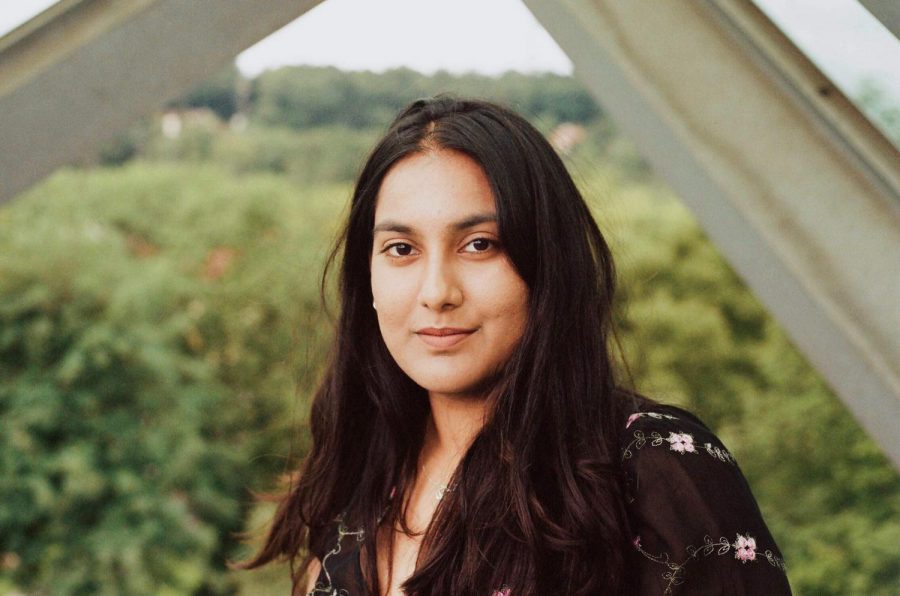
Tisch Film & TV senior Farah Jabir was two months away from shooting her short film “Kokomo” when NYU gave word that the university would be shutting down. With the separation of the crew and the ongoing lockdown, Jabir’s film is in limbo. Despite it all, “Kokomo” lives in the mind of its director.
As a consequence of President Andrew Hamilton’s March 9 announcement that NYU would be moving to remote instruction due to the COVID-19 pandemic, Tisch School of the Arts has suspended all student productions for the semester, forcing students to reconsider the trajectory of their films, especially larger productions.
“Kokomo” follows Vic Ramirez, a Puerto Rican Coney Islander navigating her relationships with friends and family after witnessing her father’s infidelity. Jabir, who hails from Kuala Lumpur, Malaysia (now holed up in her apartment in Midtown) developed the film over the year-long Advanced Narrative production class which entails the shooting of a capstone film. With that process coming to a screeching halt, Jabir refers back to a favored quote of hers from the late South African revolutionary leader Nelson Mandela.
“It always seems impossible until it’s done.”

The quote could describe many creative projects, but perhaps none as well as film. Months away from calling action and subsequently slaving away on editing software, seeing the film on the silver screen can feel like an unattainable dream. Before any of that comes pre-production, a critical and, frankly, tedious phase that lays the foundation for principal photography. Writing the script, gathering crew, casting, location scouting, planning a shot list, developing contingencies, organizing transportation — all of this and more must be hammered out before the camera rolls.
“Pre-production is where you make the film,” Jabir said. “In order to get the vision you want, you have to make the vision happen, and all of that is pre-production.”
Jabir was off to a rocky start last semester — in the beginning, there was no “Kokomo.” She initially pitched an absurdist experimental film about a boy who turns into a fish. Her professor, Rick Litvin, easily recognized a lack of passion for the story on Jabir’s end and encouraged her to go in another direction.
She chose to revisit a story from her junior year that she had scrapped because it didn’t fit the Hollywood storytelling conventions she felt she had to adhere to — a stringent three-act structure and clearly defined protagonists and antagonists among other tropes — but a year later, she still lacked the confidence to commit. For two months Jabir was incapable of writing.
“One day, I went to Rick’s office and I was in breakdown mode,” Jabir recalled. “I was like ‘I don’t know what I’m doing,’ and he was like ‘Farah, shut up and just write,’ and I went home and I wrote the entire script and the next day, we read it and that was that.”
Since then Jabir says that Litvin has been an adamant advocate of the film.
“Kokomo” explores themes important to Jabir such as the value of one’s culture and conflicting feelings in familial relationships. Though the main character, Vic, is not entirely based on her, Jabir says she shares her imperfections, grievances and outlook on life.
Jabir believes that collaboration is at the heart of the filmmaking process, and for a student project, that all starts in the classroom. Her class group chat never stops, whether someone needs advice, a location or a helping hand. Litvin calls their process of working together to achieve a shared vision their “synius,” a collective genius. Jabir takes the hokey turn-of-phrase with a pinch of salt, but the effect is undeniable.
“Rick says he wants us to be as close to our class as we are to our crew, and I think that it’s true. Like we have two crews in a weird way,” Jabir said.
Jabir’s actual crew comprises undergraduates, graduate students and alumni across multiple years and majors, in and out of Tisch. Though she was hesitant to work with close friends due to the potential for friction in mixing professional and social relationships, many were so passionate that she was compelled to take them on.
Telling a story about a race and culture that is not her own, Jabir has relied on her crew members to aid in telling the story respectfully and with integrity. Her producers, Tisch first-year Adrian Sobrado, a Costa Rican American, and Tisch alumnus Joyce Chen, a native New Yorker, have pushed for her to authentically portray the Latin American Coney Island Ramirezes.
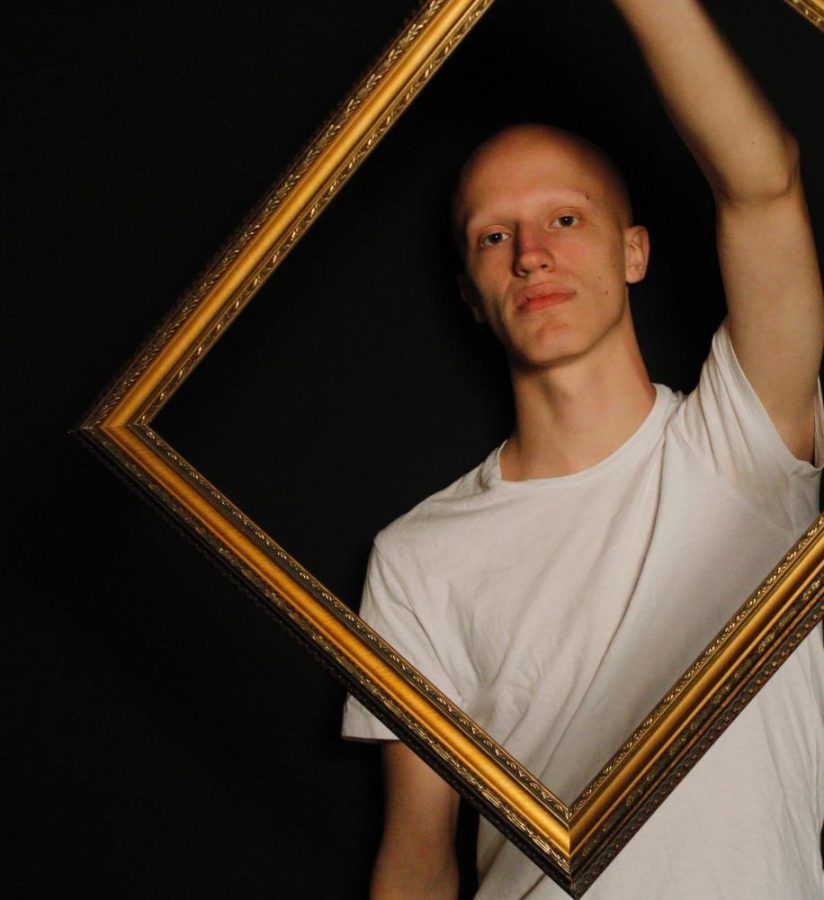
Asked what aspects of the film her crew has influenced, Jabir laughed incredulously.
“Everything. They influence everything. How could they not?” Jabir said.
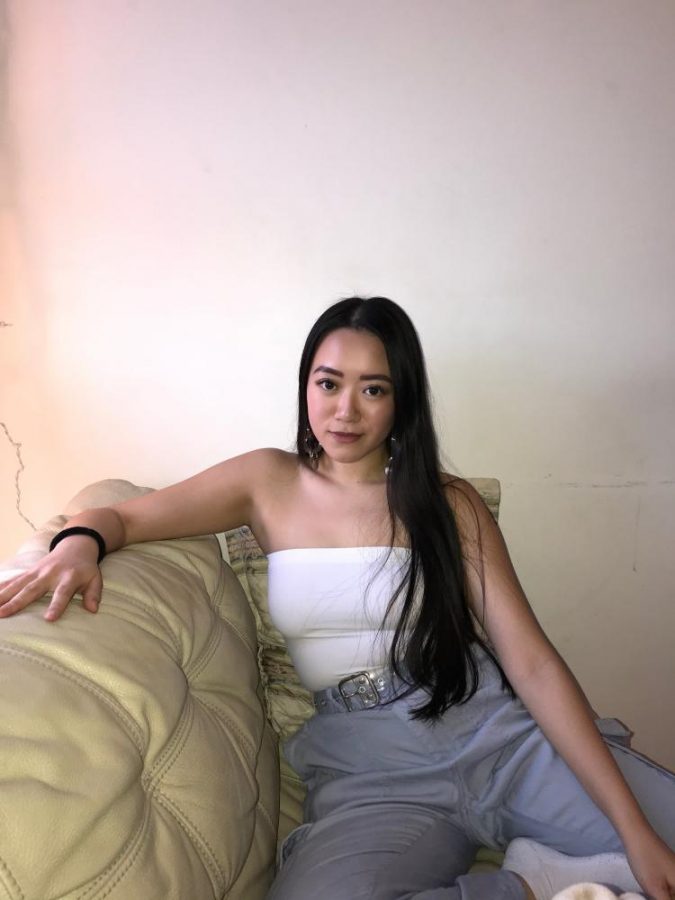
Like the line chefs in a kitchen, the key crew members each make their own individual work within the context of the larger product. “Kokomo” is named for the stuffed bird that Vic’s little sister, Bee, loses in the film. The bird itself is named after a toy koala that Jabir named after the Beach Boys song as a girl. Jabir’s production designer, Harvard graduate Carla Troconis, modelled the eponymous toy after birds with a specific connotation to the Puerto Rican characters in the film.

It wasn’t all smooth sailing, even in the days before the pandemic shutdown. Jabir remembers butting heads with her composer, CAS senior Juan Antonio Romero. She insisted that the music be violently percussive to match the conflicted emotions of her teenage protagonist. He disagreed and chose to use strings for the percussion, evoking the sound of Coney Island’s seagulls, and that’s an argument Jabir’s ultimately glad she lost.
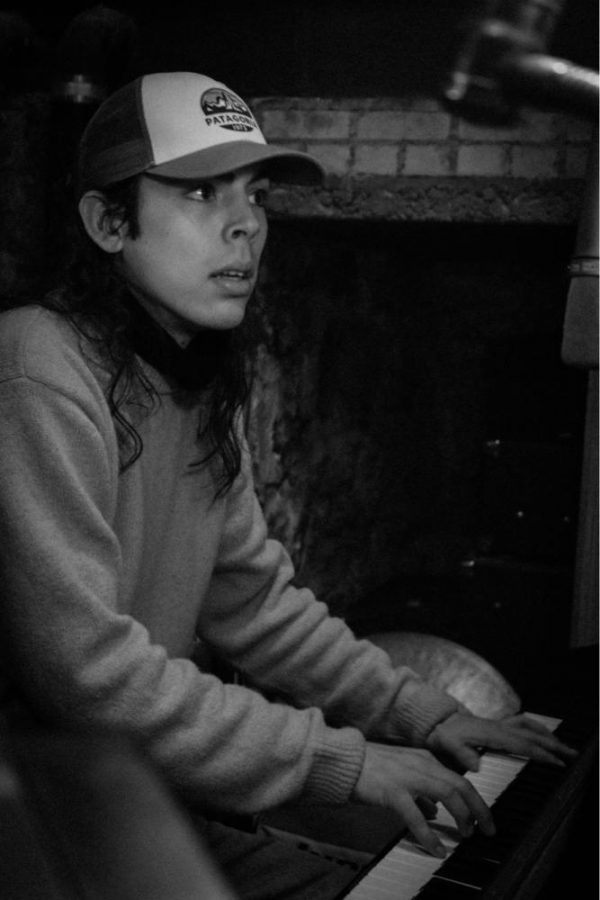
Cinematographer Jenny Wang, a fellow senior in Film & TV, has shot every one of Jabir’s projects since their sophomore year. Through extensive collaboration, the two have developed their own process for arriving at a visual style that works for the film, incorporating tear sheets, mood boards and screenings. For each of the 156 shots in “Kokomo,” Wang and Jabir chose a shot from an existing film, such as Jonah Hill’s “Mid90s,” Meryam Joobeaur’s “Brotherhood,” Chloé Zhao’s “Songs My Brothers Taught Me” and many more that they’d like it to evoke.
As a director, Jabir feels that it’s her duty to do due diligence to the creativity of each of her crew members.
“I owe [them] so much so it’s my responsibility to boost the morale, it’s my responsibility to make sure everyone’s okay, it’s my responsibility to make sure that [they] are making something that [they’re] proud of,” Jabir said.
While the crew’s dedication to her film humbled Jabir, she feels the person who cares the most about “Kokomo” will always be her, and her effort should match that.
Perhaps the least glamorous aspect of the filmmaking process is the necessity of funding, and though asking for money is quite taboo where she comes from, Jabir had to get over it. Nowadays film students choose to crowdfund their projects through platforms such as Seed&Spark, a film-specific site that Jabir herself chose. The campaign launched on March 5 and runs until May 4 despite the uncertain future.
Made to stand out among the dozens of campaigns featuring a group of college students sitting on a sofa, Jabir’s campaign video is a mini-documentary about her family and how they inspired “Kokomo,” incorporating home videos and snapshots from the family photo album.
The campaign details exactly what the money will be put towards. Months from a final product, “Kokomo” is chiefly a set of carefully laid plans. These days they feel like the best laid plans of mice and men.
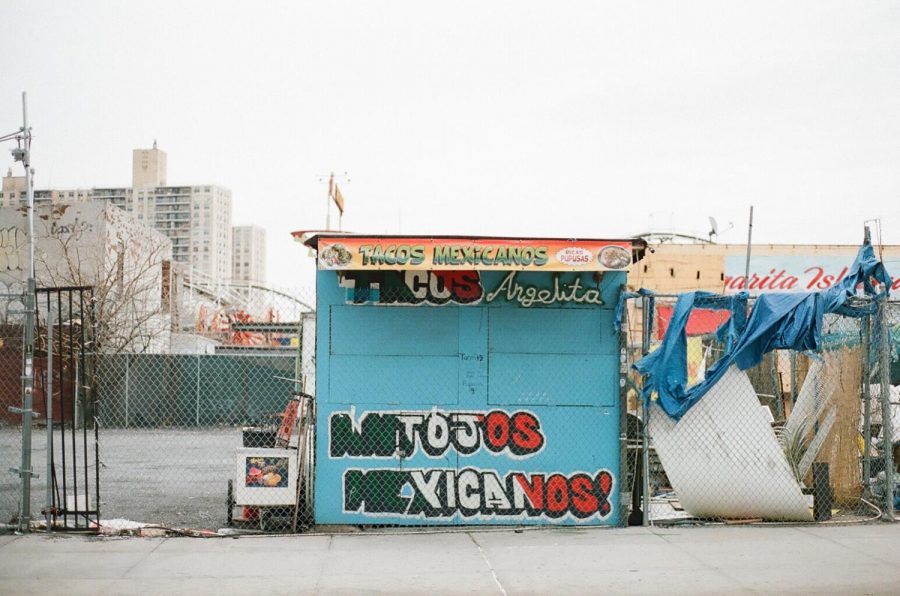
“Kokomo” appears very small in perspective to the extenuating circumstances that have overtaken the world, but the support networks and collaborators that were its life blood have far from disappeared.
Now more than ever, Jabir says she is grateful to have Litven as her professor. He has been a dedicated point person for his students, synthesizing and relaying information from higher administration and checking up on their wellbeing. Separated by an international pandemic, his students have continued their support for one another, their synius uninhibited by Zoom.
“We are all doing daily checkups on each other like teaching each other how to do digital sculpting or knitting to make sure we’re staying mentally healthy in self-isolation,” Jabir said.
Jabir says that the Tisch community at large has used digital channels to become more connected than they were even before being separated. Jabir has been in touch with Dramatic Writing and Drama students that she has never met before, all banding together to offer a gloved hand.
“In a crisis, because there’s a necessity for a community, it builds itself,” Jabir said.
As the community scrambled to respond to the mass exodus from our campus, Jabir put “Kokomo” on the backburner. Her crew, however, had other plans.
“I was very lucky because instead of having to reach out to people they reached out to me first,” Jabir said.
Having trusted friends and collaborators work on “Kokomo” has been a blessing. Locked in their homes, Jabir and Wang have kept consistent contact. Sending pages back and forth, exchanging cuts of other work and setting deadlines for one another, they are taking the lockdown one day at a time.
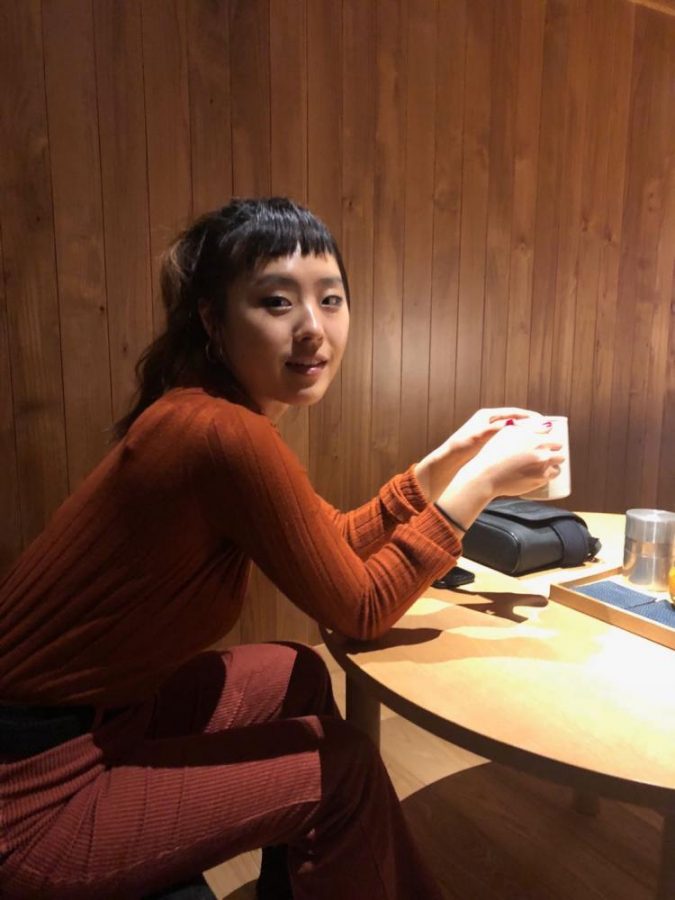
Before the pandemic, when none of the high schools that she emailed about casting responded, Jabir and her casting director, Tisch Drama senior Jean Pflum, took to trawling Tompkins Square Park, speaking with teens and getting their Instagram handles. Now that the streets are no longer an option, they have persisted in pursuing potential actors through Instagram. Such roadblocks call to mind what Jabir calls her “tragedy films,” previous projects that she would never want anyone to see. One such film was made during the study abroad program in Prague, Czechia.
“My production manager stole the money,” Jabir said. “I don’t know if you know about the Prague program. It’s wild — every single actor didn’t speak a word of English. We didn’t have a translator.”
Though Jabir prefers not to think about the resulting film, its production has influenced her work ethic immensely. It is perhaps these tragedy films that best prepared Jabir for the global pandemic that has dwarfed her film. The worst case for “Kokomo” is that its production is delayed to another time and place, but in the grand scheme of things, Jabir says that’s not so bad. The hours of work that the men and women behind it have put into the project has already made “Kokomo” more than Jabir could have imagined.
The cameras can wait.
Thinking about what other creatives could learn from film, she calls back to the collaboration that has defined “Kokomo.”
“I think what they could learn from film is the community spirit,” Jabir said. “The morale that we all give each other when it’s so late on set and no one wants to be there and one person is cracking jokes and singing, making everyone smile.”
Thoughts of student sets and the camaraderie of communities now connected, but through Zoom, are bittersweet in these times. Jabir is keeping her head up and hopes others will as well.
“Finding good, like minded people, treating them right and treating yourself right is important,” Jabir said. “Mental health is so important, telling the people you love you love them is so important. All of that is involved in filmmaking.”
Jabir believes that the most important thing to any work environment is surrounding yourself with people that you can trust and rely on. This, too, is the essence of pre-production, forging the bonds that will enable a rewarding shoot. Though the shoot may never be, these past few weeks have brought the crew closer together through a shared experience. It all changed fast, but now they’ll take it slow, forging ahead despite the unpredictability, dreaming of a little film called “Kokomo.”
Correction, April 24: A previous version of this article misidentified the casting director. This article has been updated and WSN regrets the error
Email Fareid El Gafy at [email protected]. Read more from Washington Square News’ Spring 2020 Arts Issue.

























































































































































